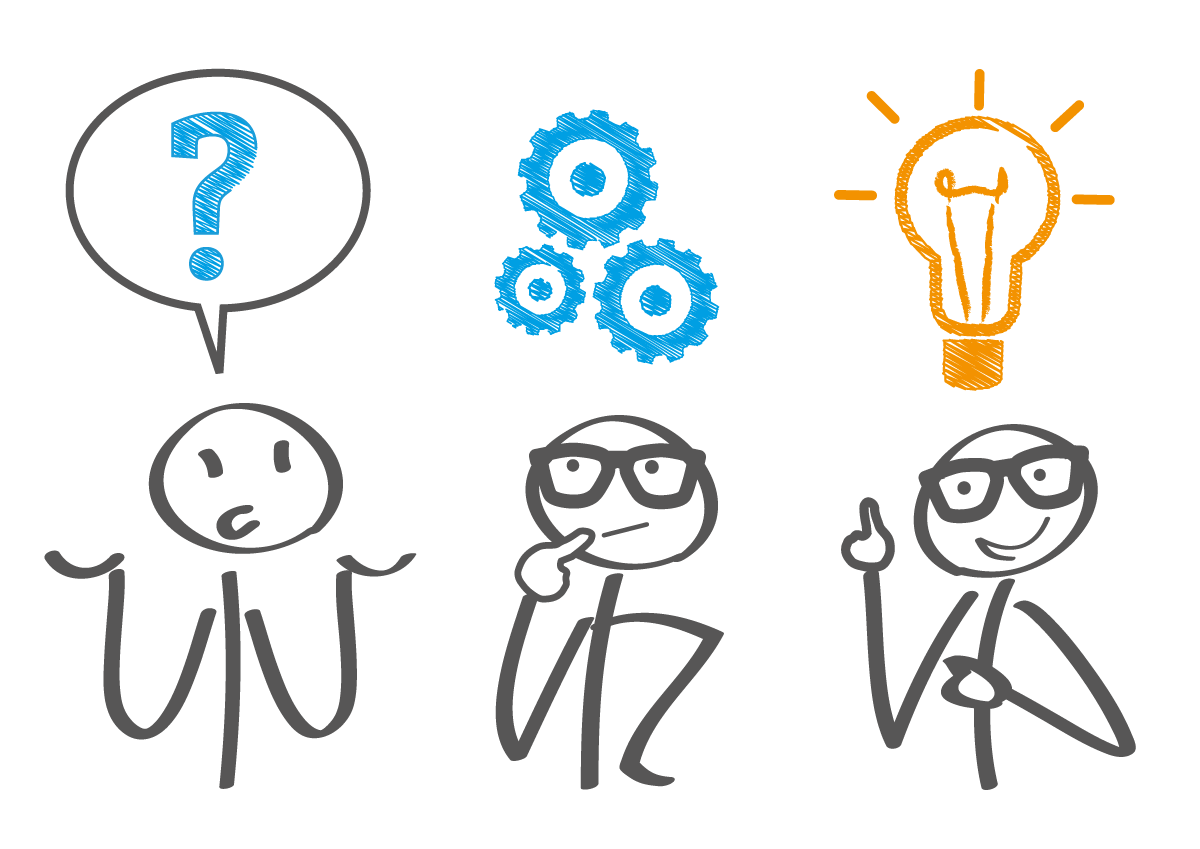Step 1: Project analysis
The first step is the analysis of the project : this involves inviting the person to present his or her project and situation.
Initially, the consultant is invited to present his project and his situation : personal details, age, status (high school or higher education student, unemployed or in employment etc.), as well as his personal and professional background. Will this be a first mobility?
Responses should assess several dimensions such as :
- general mobility knowledge
- representations
- degree of autonomy
- feedback from an international experience if it has already taken place previously
- ...
The objectives of mobility can be various : training, employment, language development, a gap year experience, etc... Clearly identifying the status of the interlocutor from the beginning of the interview allows us to quickly define with him/her the mobility paths that can be envisaged. Indeed, the recommendations made to a young person with few qualifications who wishes to do an internship in Europe will not be the same as those made to a student who wishes to validate a year of study in the European Union.
The role of the counselor is to identify the competences, to reinforce the candidate's self-confidence and autonomy and to make the mobility project clearly expressed.
In brief :
 Analyse the reason for mobility in terms of OBJECTIVES (why am I going?) and PROJECT (what am I going to do?).
Analyse the reason for mobility in terms of OBJECTIVES (why am I going?) and PROJECT (what am I going to do?).- The AGE is important. Some mobility programmes are only open to the youngest in a specific age group, such as language stays. On the other hand, some forms of mobility are only possible from a certain age, such as certain forms of volunteering, for example.
- Specify the STATUS of the consultant : jobseeker, high school student, student...
- If the consultant is a student, situate him in his LEVEL OF STUDY : secondary, higher, after a diploma ...
- What is his or her LINGUISTIC LEVEL in the language of the host country?
- Analyze his PERSONALITY PROFILE : his motivation, his arguments, his autonomy, his previous experiences, his ability to adapt, his academic level.
- In the case of a young consultant, situate his project in its FAMILY DIMENSION : is he supported?
- Take stock of the personal BUDGET available for mobility, also by reviewing the financing modalities.
- Evaluate the REPRESENTATIONS of the consultant on mobility and on the country he wishes to visit.
- If it is a training mobility: in which country does the candidate plan to INSERT him/herself professionally afterwards ?